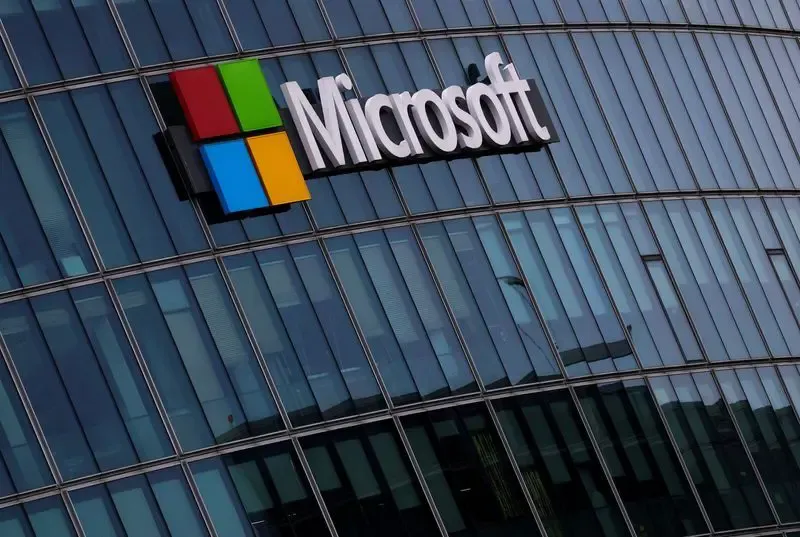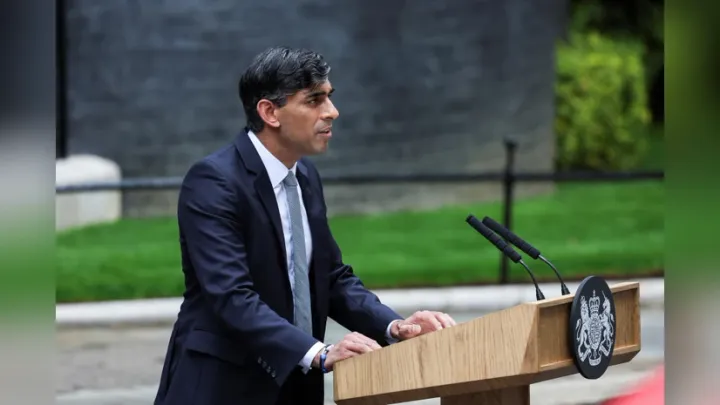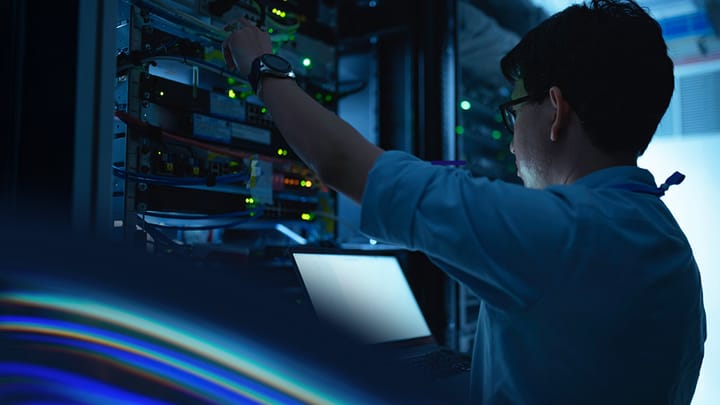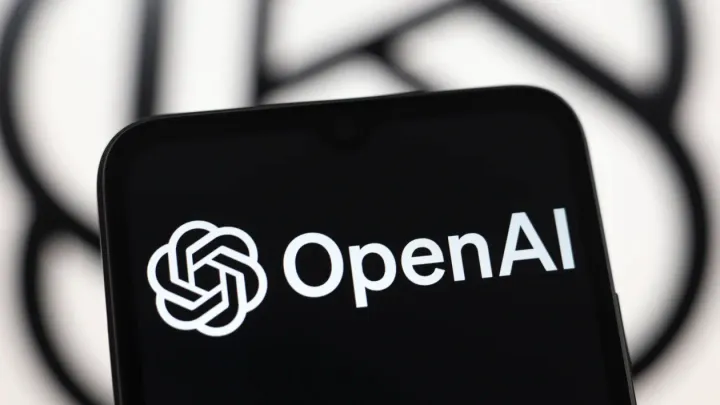Microsoft Forms ‘Superintelligence’ Team to Revolutionize Medical Diagnosis

Microsoft is taking a bold step into the next era of artificial intelligence. The company has formed a new research group called the MAI Superintelligence Team, which aims to build AI systems capable of outperforming humans in specific fields — starting with medical diagnosis.
The initiative, led by Microsoft AI chief Mustafa Suleyman, represents the company’s most ambitious push yet to create powerful and safe artificial intelligence designed to benefit humanity in measurable, real-world ways.
Aiming Beyond Traditional AI
In an exclusive conversation with Reuters, Suleyman explained that the team’s goal isn’t to create a fully autonomous “generalist” AI that can do everything — but rather specialist systems that excel in critical areas such as medicine, molecular biology, and energy solutions.
“We’re not chasing infinitely capable, self-improving machines,” Suleyman said. “Our focus is on humanist superintelligence — AI that serves human interests and solves problems that truly matter.”
According to Suleyman, Microsoft plans to invest “a lot of money” in the project. The new team will include existing Microsoft AI researchers and new hires, with Karen Simonyan named as the group’s chief scientist. Microsoft is also expected to continue recruiting from top AI labs worldwide.
Competing With Meta and Other Tech Giants
Microsoft’s latest move comes amid an industry-wide race toward what some call “superintelligence” — AI systems that surpass human performance in specific domains. Rival companies like Meta Platforms and Safe Superintelligence Inc. have launched similar projects, offering huge signing bonuses to attract top researchers.
Meta, for example, reportedly offered $100 million signing bonuses to recruit leading AI talent earlier this year. While Suleyman declined to discuss Microsoft’s recruitment strategy in detail, he confirmed that the company would continue to build world-class teams to drive rapid innovation.
Why Microsoft Is Taking a Different Approach
While many AI theorists envision machines that can think, learn, and improve autonomously, Suleyman remains skeptical of creating completely self-directed systems. He argues that truly uncontrollable, generalist AIs could pose enormous risks to humanity.
Instead, Microsoft’s humanist superintelligence concept emphasizes responsibility and control. “Humanism requires us to always ask: does this technology serve human interests?” Suleyman said. “That principle guides everything we’re building.”
A Focus on Safe, Specialized Superintelligence
Rather than pursuing broad general intelligence, Microsoft’s new AI team will target “superhuman” performance in well-defined areas that offer major global benefits — without the existential dangers often associated with advanced AI.
Suleyman mentioned potential applications such as:
- Battery storage breakthroughs, which could accelerate the transition to renewable energy.
- Molecule and drug discovery, inspired by DeepMind’s AlphaFold, which revolutionized protein prediction.
- Medical diagnostics, where AI could detect diseases earlier and improve treatment outcomes.
Suleyman, a co-founder of DeepMind before joining Microsoft, emphasized that the new team aims to achieve these results within the next two to three years — particularly in the field of healthcare.
The Race to Medical Superintelligence
“Medical diagnosis has always been a central focus for AI research,” Suleyman explained. “We believe we now have a line of sight to medical superintelligence in the next two to three years.”
The idea is to build an AI system capable of reasoning through complex medical data, identifying diseases earlier than any human doctor, and suggesting treatments that could save lives.
If successful, Suleyman said, such technology could extend human life expectancy by detecting preventable diseases much sooner — a breakthrough that could transform public health worldwide.
The Challenges Ahead
Despite Microsoft’s optimism, Suleyman acknowledged that the project will still require significant technical breakthroughs. AI models today, even at their most advanced, are far from mastering deep reasoning or reliably handling medical complexity.
However, the company’s confidence lies in its massive computing infrastructure, partnerships in healthcare, and growing ecosystem of AI talent. Microsoft’s collaborations with OpenAI and its leadership in cloud computing could provide the foundation needed to achieve these ambitious goals.
Balancing Innovation and Ethics
As AI development accelerates, ethical and safety concerns remain at the forefront of global discussion. Suleyman’s focus on “virtually no existential risk” aims to address growing public concern over uncontrolled AI systems.
By focusing on targeted, practical applications — rather than an all-powerful general intelligence — Microsoft hopes to set a new industry standard for responsible innovation.
A Human-Centered Vision for the Future
In many ways, Microsoft’s MAI Superintelligence Team represents a shift in how big tech approaches AI. The company’s vision of “humanist superintelligence” positions technology as a partner — not a replacement — for human capability.
If the project succeeds, it could mark a turning point in how AI contributes to global progress, from diagnosing diseases to tackling climate change.
As Suleyman put it, “If we can build AI that increases life expectancy and gives everyone more healthy years, that’s the kind of superintelligence worth creating.”



